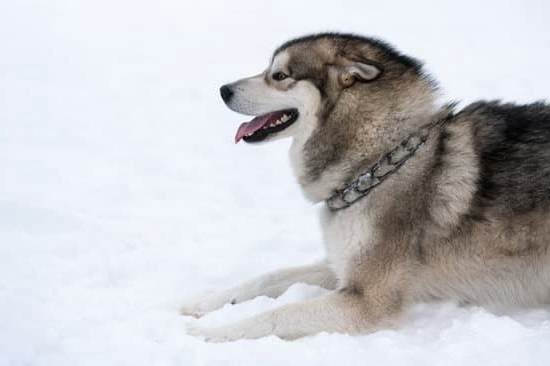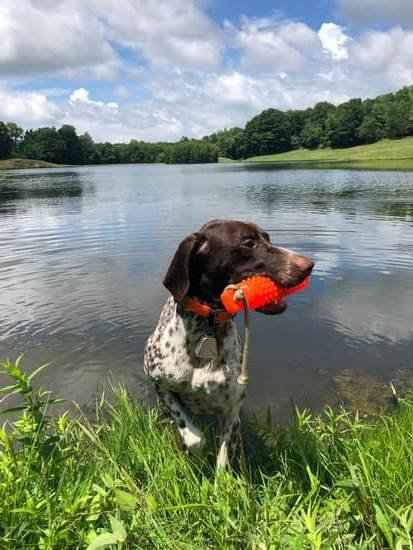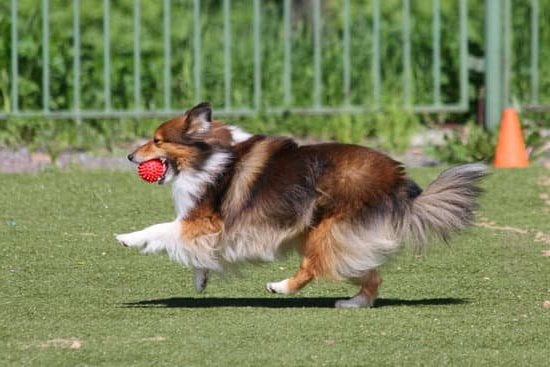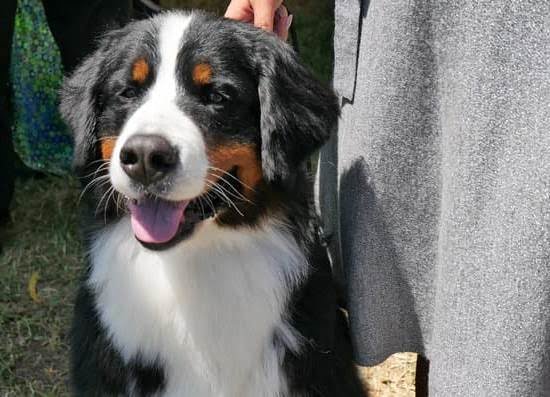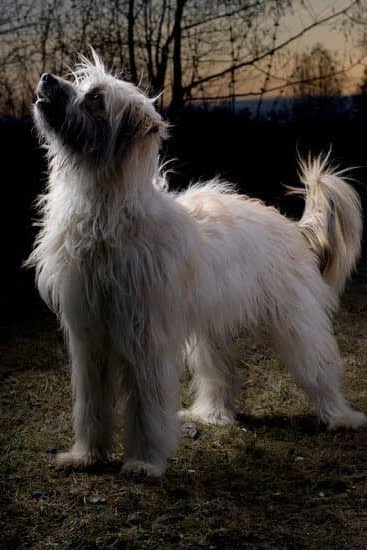Introduction
Potty training your dog is an important step in developing a trusting and loving relationship between you and your four legged friend. It’s important to understand the basics of potty training so you can start your pup off on the right path. Dogs should be potty trained at around 8-10 weeks old, depending on the puppy’s individual temperament. Potty training a dog starts with establishing scheduled bathroom trips and reward-based positive reinforcement to encourage desired behaviors. This blog will explore in depth what is best for potty training puppies, as well as look at common mistakes new owners often make when teaching their pup proper restroom etiquette. By understanding the process, proper techniques, and possible issues that may arise, you will be better equipped to establish good habits with your pet that will last a lifetime. Whether it’s through crate training or using specific matts, this guide will provide tips that are sure to make housebreaking easier for both you and your companion.
Establishing a Routine
Successfully potty training a puppy or adult dog requires creating a regular routine. Start by picking a time to take your pup out to relieve themselves, and then stick to that schedule as closely as possible. Puppies typically need to go outside every two hours throughout the day while they are still learning when and where they should go. If it is impossible to take your pup out frequently, crate-training with frequent breaks can help them learn when it is time to use the bathroom.
Once you have established a reliable schedule for taking your pup outside and monitoring their progress, you will be able to quickly recognize signs of success and areas in which they need practice. After your pup has gone potty outside successfully several times, gradually begin increasing the lengths of time between trips outdoors. Additionally, do not forget to provide plenty of positive reinforcement and rewards during potty training sessions, as this will help reinforce desired behaviors. With patience and diligence, most dogs can be house-trained within several weeks or a few months depending on their age and breed of dog.
Different Training Strategies
When it comes to potty training your pup, there are many different strategies that you can use. Some may be more effective than others depending on the personality of your pup. Generally speaking, younger puppies will learn faster and retain their potty training for longer periods of time compared to older dogs.
One method to consider is crate training; in this approach your puppy will sleep in the crate at night and when they need to go, they should be taken outside right away so that they have an opportunity to toilet where it’s appropriate. If there’s not enough time for them to head outside then they should be placed into the crate until you get home or have the chance to take them out. The idea behind this strategy is that dogs prefer not to soil their sleeping area and thus can give you a head start on developing good toileting habits.
Another tactic involves using positive reinforcement methods like providing treats when they go potty in the preferred spot outdoors or petting and praise after successful toileting attempts. By reinforcing desired behavior with rewards, it can help establish an association between toilets trips outside and being rewarded for it which can make potty training easier for your pup over time.
Whatever strategy you choose, consistency is key in order for your dog to become reliably house trained and if all else fails, consulting a qualified trainer or behavior specialist can provide valuable advice in achieving optimal results with minimal stress for both yourself and your furry companion!
Potential Challenges
Potty Training dogs can be a challenging process and there are often issues that may arise during it. One common issue faced is your dog not understanding the concept of going potty outside or in an assigned spot. As such, your pup may mistake indoor items and surfaces for their new toilet. To address this issue, take the time to properly train them and give them clear cues as to where they should go when needing to use the bathroom. Additionally, provide consistent reinforcement when your pet does go in the appropriate area as it will help further instill the idea that this is their designated spot.
Another issue commonly faced when potty training dogs is regression or difficulty maintaining progress or gaining momentum. If this happens to you, it might be beneficial to ask yourself if there are other factors at play such as environment changes or lack of consistency with scheduled training periods. Taking a step back and identifying potential influences can help you better pinpoint where adjustments can be made to get back on track with the training process.
Enhancing Adherence
Dogs can be potty trained at any age; however, for the best results and fast consistent progress, it is best to begin them as soon as possible. Puppies usually begin to exhibit signs that they need to go out around six weeks of age. This is when you should begin a set schedule for potty breaks and start rewarding positive behaviors. Positive reinforcement is the most effective way of teaching your dog good potty habits—this means whenever your pup does something desirable you reward it with praise, treats and/or toys. As an owner, this will help encourage and strengthen the desired behavior quickly and make it more likely that the dog will remember what was done right. Consistency in routine and behavior expectations are key components to success – ensure that everyone involved adheres to a common schedule so your pet receives clear messages while potty training. Be sure to give your puppy plenty of supervised outside playtime during those initial months – this will help reinforce the idea that going outside means fun!
Ideas for Older Dogs and Puppies
Puppies
Most puppies can begin potty training between 8 and 10 weeks of age. Generally, it is best to start by taking the pup outside every two hours, or after naps and meals. Be vigilant to ensure that they have time to eliminate and if they go outdoors, make sure there is plenty of praise and reward them with treats when they are successful. If it starts raining or the weather turns cold, you may opt for a pee pad inside the house so they can learn to do their business both indoors and out.
Older Dogs
For dogs who have never been potty trained before, it typically takes longer than puppies to establish their habits. Keeping up with frequent trips outside, rewards for successful elimination, and consistent corrections when required should be used to help enforce the desired behaviors. Additionally, crate training can also assist in holding them in place until regular times of taking them outdoors exist. With older dogs patience is key as it may take upwards of 6 months for them to become completely reliable on being taken outside at regular intervals.
Conclusion
Dogs need to be potty trained from a young age in order to become house trained, and thus live happily with their owners. Generally, puppies should begin the process of potty training at eight weeks old, although this process may look different for different breeds and ages. The main idea is that any dog can learn potty training with consistency and positive reinforcement. When it comes to puppies, take them outside regularly (every 1-2 hours) to allow them to relieve themselves, using treats as reward for successful trips outside. A consistent routine will help establish good habits. Older dogs may require more patience in order to be successfully house trained. The key is consistent supervision coupled with frequent trips outdoors and positive reinforcement when they go in the right spot.
In conclusion, while every dog may need some adjustment time based on age or breed, the primary methods of potty training remain the same: Taking canine companions outside regularly while providing rewards when they do their business in the appropriate spot. For future pup parents who are looking to potty train their new companion, consistency and patience are crucial. With some extra effort and understanding of each individual animal’s needs and traits, your efforts will pay off in a happy companion that knows how to use the bathroom properly indoors and out!

Welcome to the blog! I am a professional dog trainer and have been working with dogs for many years. In this blog, I will be discussing various topics related to dog training, including tips, tricks, and advice. I hope you find this information helpful and informative. Thanks for reading!

